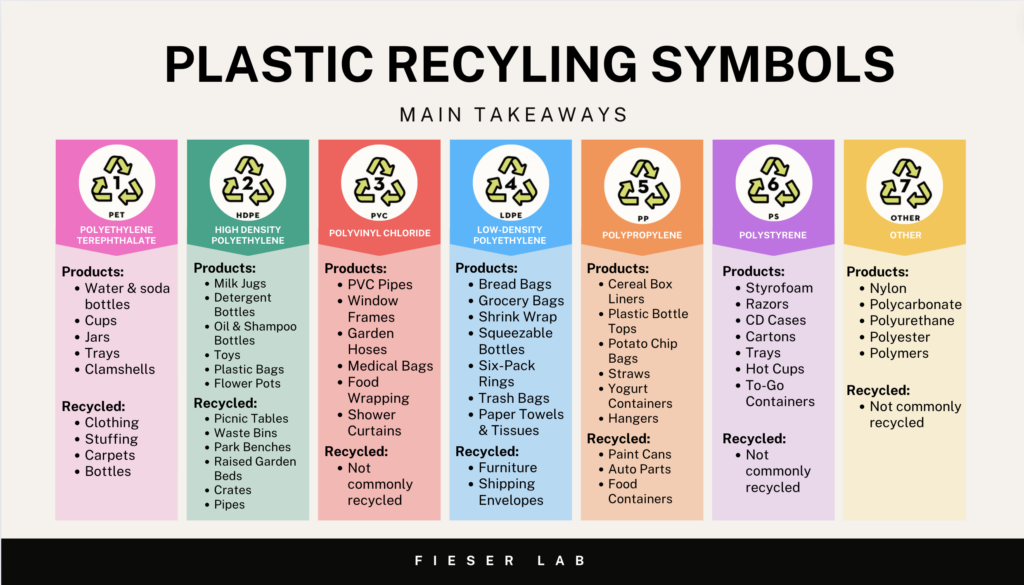A Summer of Plastic Sustainability: My Internship Adventures with the Wrigley Institute
I’m Shima, a second-year public relations and advertising student at USC Annenberg School for Communication and Journalism. This summer has been an incredible journey as I completed an environmental communications internship with the Wrigley Institute. Under the mentorship of Megan Fieser, an inspiring Assistant Professor of Chemistry at USC Dornsife, I’ve gained invaluable experience and insights.
I’ve always been deeply passionate about the environment and climate change, with previous experience in the food waste and justice sectors. This summer, I blended my interests in communications and environmentalism, all while delving into a new area: plastic sustainability. The journey has been eye-opening, and I’ve learned so much about this crucial issue.
This summer, I immersed myself in a variety of exciting projects with the Fieser Lab, which seeks to find sustainable solutions for plastics at a molecular level. I designed:
- A t-shirt and three flyers for the Fieser Lab’s tri-annual beach clean-ups
- Revamped conference poster templates for a more engaging look
- Graphics for Professor Fieser’s presentation on the Development of Catalytic Strategies for Advances in Polymer Sustainability
- A detailed graphic explaining what each recycling symbol means, the types of products they’re typically in, and their recycling processes
- A brochure for the Fieser Lab to pass out during beach clean-ups to raise public awareness and increase volunteer engagement

Lastly, my capstone project involved creating a video about public knowledge on plastic sustainability. I conducted an anonymous public survey, analyzed and organized the data, designed a flyer advertising the survey, and crafted a fact-checked script based on the findings. The survey included questions such as, “What does the recycling symbol mean in the plastics industry?” and “What do you wish you knew about plastics and plastic pollution?”
We received 120 responses from a diverse pool of respondents in a short period of time. Participants from across the U.S. and international locations like India, Costa Rica, and Malaysia shared their thoughts. The respondents represented a wide range of ages and occupations, including librarians, engineers, artists, and more!
My goal for the video was to clarify misunderstandings that were revealed from the data. I touched on subjects including the history and meaning of the recycling symbol, how to spot greenwashing, and simple steps the viewer can take to make a positive impact.
I used the platform Premiere Rush to make the video and ClipChamp to create captions to make it accessible to all. The process involved making 5 separate drafts. The video included voiceovers, stock visuals, direct surveyor quotes presented by the Fieser Lab members, and engaging graphics that I created on Canva, all enhanced with music and sound effects.
My internship this summer was incredibly enriching. I learned how to translate complex scientific concepts into accessible and digestible content for the general public, aiding research teams like the Fieser Lab in community outreach. I gained a deeper understanding of plastic sustainability and its environmental impact. Working mostly remotely, I sharpened my time management, collaboration, and communication skills with Professor Fieser, my fellow interns, and program directors Jessica Dutton and Kathryn Royster.
The creative freedom in my projects allowed me to embrace and bring my unique ideas to life in both fun and serious contexts. I improved my writing to be clearer, more concise, and more engaging, tailoring content to specific audiences and turning big concepts into actionable items. I learned to give constructive feedback on creative projects, thinking critically and outside the box to support my peers effectively. Additionally, I discovered the process of creating eye-catching video content for both social media and longer-term projects.
I’m extremely grateful to everyone who supported me throughout this internship. I’m excited to apply what I’ve learned in the future to different spaces. Moving forward, I hope to bridge the gap between complex ideas and accessible content, by breaking down information for for anyone to understand. My goal is to inspire everyone to contribute to environmental and community efforts, no matter how small.
Thank you for reading about my journey! Your support truly means the world to me. Stay passionate, stay curious, and keep making a difference.
Watch Shima’s capstone video below!